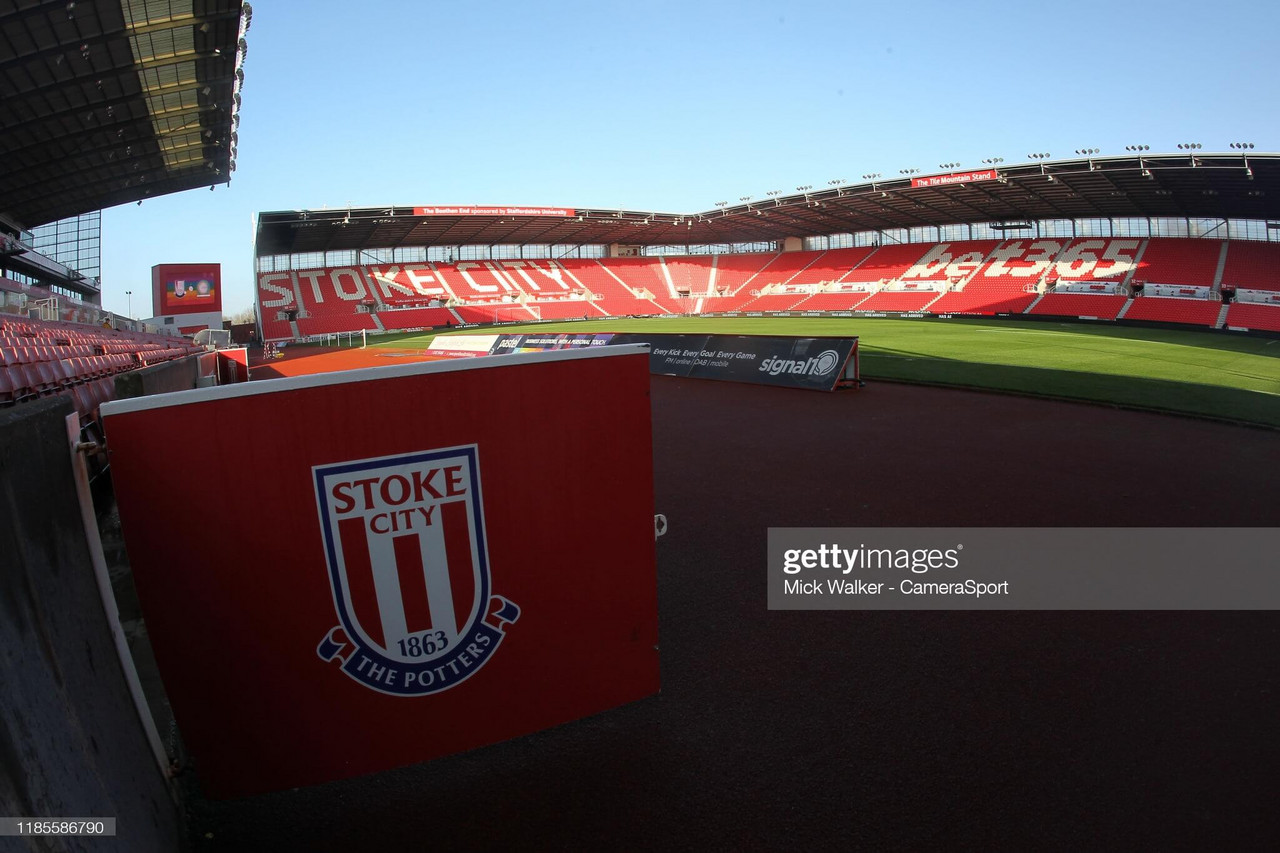For football clubs across the country, the COVID-19 pandemic has served up a huge stumbling block in the financial department - with the absence of supporters from stadiums crippling the pockets of clubs, as player wages continue to disperse weekly out of the finances.
Since Stoke City's relegation from the Premier League three years ago, the club have endured mid-table mediocrity, despite aspirations of promotion back to the top-flight from the second tier.
From 16th, to 15th, before this season's finish of 14th - Stoke are now facing a battle to trump their 2020/21 finish after a horrifying loss of £87.2 million in the club's latest financial accounts from last campaign.
Pandemic and parachute payments
After Stoke's third season back in the Sky Bet Championship drew to a close, the third and final parachute payment has now been received.
The payments are designed to help relegated clubs balance the books, in regard to wages and additional expenses - that are, of course, required to be much higher in the Premier League.
Each instalment becomes smaller as the years pass by, and a cocktail of the pandemic in addition to extortionate player wages have crippled the Potters.
With the staggering losses that the club have announced, the loss of parachute payments will now heap further pressure on the Potters’ disposable income.
The financial loss in numbers
Of the near £90 million worth of loss submitted to Companies House for the year ending May 31 2020, Stoke had several factors that accounted towards the loss.
The gates at the Bet365 Stadium have long been shut due to the COVID-19 pandemic, which has prevented fans from following their club around the country.
This has had a huge effect on the turnover accounts, that in the past year have dropped from £70 million to £49.8m. The club shop and general club amenities around the stadium that could help bolster additional turnover, also has to be taken into account for the £20m decrease.
Player amortisation, which is the automatic devaluation of a player as their contracts further run down, is something that has also plagued the Potters. The number of amortisation losses amounted to £31.9m, with a further loss of £43m in the form of the 'impairment review'.
The impairment review lies in context to the value of players on top of the amortisation and with the pandemic having a huge effect on the transfer market and its valuation of players - this figure has heightened the troubles.
The summer ahead
The Potters’ figures that have been presented were in accordance with guidance from the EFL governing body. To work under the means of financial fair play, the club cannot post a loss of more than £39m over the course of a three-year stretch.
COVID-19 losses can be deducted from this, however, Stoke will need to balance the books to make amendments for other forms of loss. This will crucially give them the means to have more freedom in the transfer market after a poor operating year off the field.
Manager Michael O'Neill will be keen to freshen up his squad with some new additions, but albeit won't have the largest of money pots to carry that out.
With impressive youngster Tyrese Campbell suffering a season ending injury in December last year, the onus was put on experienced striker Steven Fletcher during the second half of the campaign.
With Sam Vokes and Lee Gregory looking like lost causes in the Potters squad, O'Neill can be expected to bolster his attacking arsenal, whilst competition and strengthening is also needed in the left-back position, as well as out wide - to help give Stoke a more frightening dynamic.










































